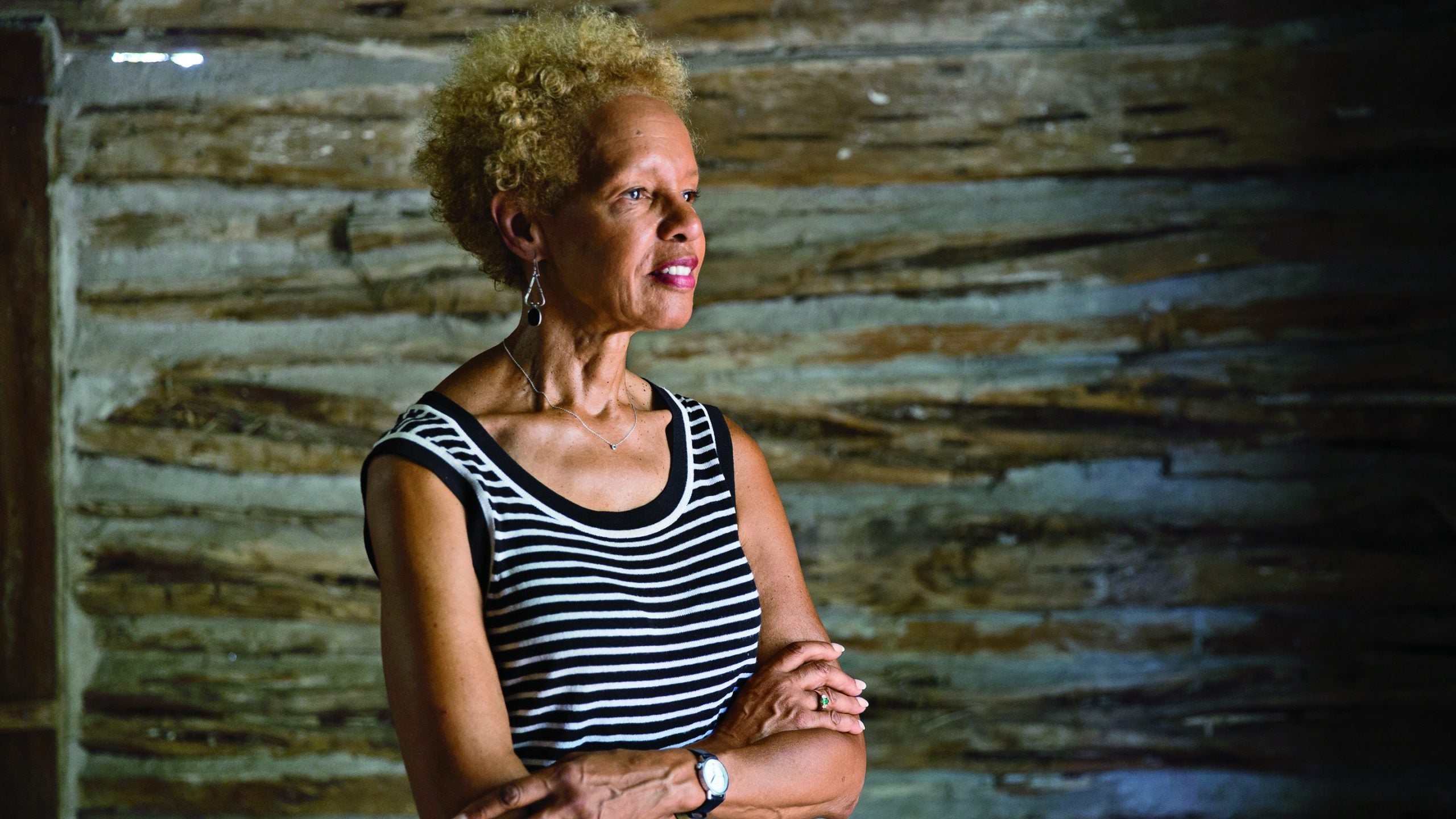
When Bettye Kearse’s mother went to her in 1990 carrying a box of carefully preserved memorabilia that showed her family’s connection to the U.S. presidency, Kearse was concerned. “I worried that my mother was ill or something,” says the geneticist and retired pediatric physician.
Kearse was relieved to learn the real reason her mom was finally handing over the box. “She said, ‘I wanted to make sure you had plenty of time to write the book,’ ” Kearse recalls.
In that work, The Other Madisons: The Lost History of a President’s Black Family (Houghton Mifflin Harcourt, $28), Kearse sets down what she’s known since she was 5 years old—that her family is descended from an enslaved cook named Coreen and one of America’s founding fathers, President James Madison. It’s a remarkable tale passed down orally through generations, and one that Kearse didn’t want America to forget or relegate to the sidelines.
“Those stories aren’t just about my family,” she says. “They represent what many African-American stories contain.”

In pursuit of this history, Kearse traveled the world to bring forth the untold accounts of Africans who became tied to this soil. From visits to Madison’s slave-built plantation at Montpelier in Virginia to a fortress in Elmina, Ghana, where Africans were chained, starved and raped before their journey through the Middle Passage, Kearse would discover how poorly our past has been recorded. Often, it had been blatantly erased, but that didn’t stop her from uncovering critical bits of evidence, such as the handwritten bill of sale for her great great-grandmother Elizabeth.
Kearse also learned that her ancestor Coreen had been the product of a rape of an enslaved woman named Mandy by the former president’s father, James Madison, Sr. Coreen herself was later raped by her half brother who would go on to become commander in chief in 1809.
It is a saga that Kearse says makes her “deeply angry.” Yet she admits to having “mixed feelings” about Madison’s legacy as the Father of the Constitution. “Certainly he was a brilliant man to be admired, and he contributed vastly to this country,” she acknowledges, “but he did not set a single slave free.”
Kearse notes that her complicated family narrative reminds her of the resilience and strength already embedded in her own spirit through the very survival of her enslaved forebears. She says that writing their story taught her how to “fight mad.”
“You fight, but you fight for a purpose,” she explains. “You fight for the good of yourself, your family, your fellow African-Americans.”
That sheer will to fight is the true gift that her mother gave to her in a box of historical documents.





